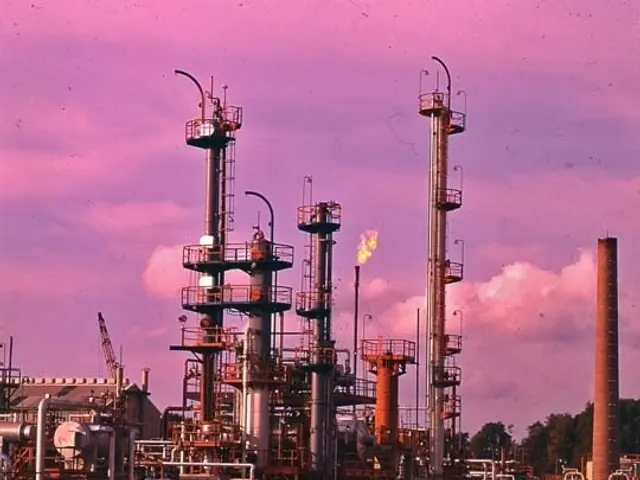The New Golden Triangle - From Opium to Shadow Enclave - From Opium Fields to Casinos: The Golden Triangle’s Strange New Era
In the heart of the Golden Triangle, a region once notorious for opium production, a peculiar economic zone has emerged. The Golden Triangle Special Economic Zone (GTSEZ) in Laos, accessible by speedboat from Thailand, is a surreal and secluded place dominated by the colossal Kings Romans Casino. Meanwhile, Thailand has made significant strides in reducing opium cultivation, with two museums now educating visitors about its history and the policies that shaped it.
The GTSEZ, created by Chinese investors led by Zhao Wei, who leased the land for 99 years, operates on Chinese yuan and follows Beijing time. By day, it's a near-deserted zone, with few cars and no license plates. However, the Kings Romans Casino, a marble and glass complex, stands as its centerpiece, accused by the International Crisis Group of being an open-and-shut case of money laundering.
Thailand's success in curbing opium cultivation is evident in the House of Opium and the Hall of Opium museums. These institutions educate visitors about the region's history with opium and the government initiatives that have led to its decline. The Golden Triangle has transformed from a hub for opium poppy cultivation and heroin production to a key transit hub for synthetic drugs like crystal meth.
The GTSEZ, with its Chinese influence and alleged illicit activities, contrasts sharply with Thailand's progress in combating opium cultivation. Despite its secluded nature, the zone's casino has drawn international scrutiny. As the Golden Triangle evolves, its museums serve as reminders of the past while raising awareness about the present challenges.





